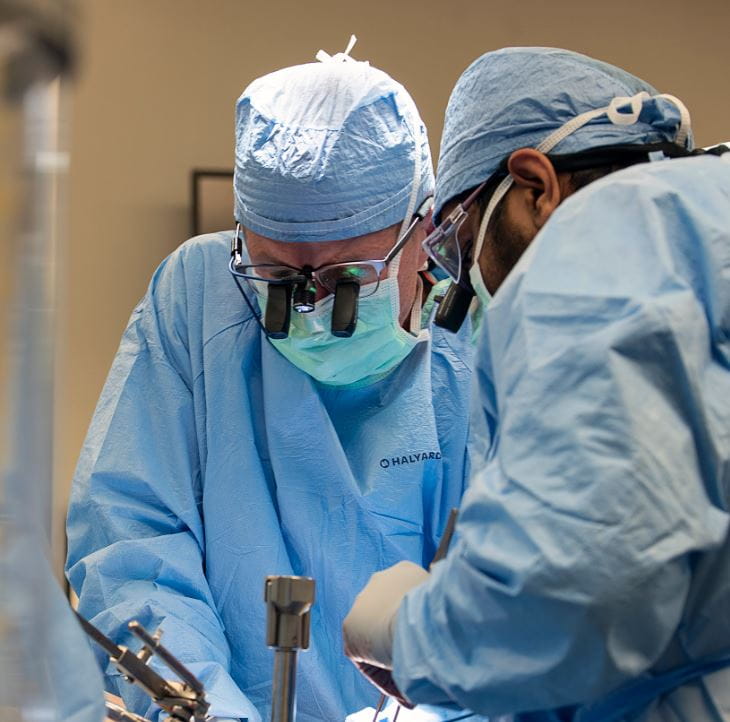Liver Transplant Candidates
Liver Transplant Candidates
Many diseases and conditions may cause liver damage or failure:
- Hepatocellular carcinoma (HCC): also called hepatoma, HCC is the most common type of liver cancer. About 75 percent of all liver cancer is caused by HCC, in many times the result of Hepatitis B or C or cirrhosis of the liver caused by alcoholism.
- Nonalcoholic steatohepatitis (NASH): a common, often “silent” liver disease. It resembles alcoholic liver disease, but occurs in people who drink little or no alcohol. The major feature in NASH is fat in the liver, along with inflammation and damage.
- Hepatitis: Your liver is the largest organ inside your body. It helps your body digest food, store energy and remove poisons. Hepatitis is an inflammation of the liver.
- Hepatitis C virus is caused by the hepatitis C virus (HCV). It usually spreads through contact with infected blood. It can also spread through sex with an infected person and from mother to baby during childbirth. There is no vaccine for HCV.
- Hepatitis B virus is caused by the hepatitis B virus (HBV). Hepatitis B spreads by contact with an infected person's blood, semen or other body fluid. An infected woman can give hepatitis B to her baby at birth.
- Alcohol
- Autoimmune liver diseases: Autoimmune liver diseases include a family of inflammatory conditions in which the body's immune system attacks the liver or bile ducts.
- Hereditary liver diseases: The two most common inherited liver diseases are hemochromatosis and alpha-1 anti-trypsin deficiency.
- Hemochromatosis is a disease in which the body absorbs too much iron. This iron is deposited in the liver, causing progressive scarring of the liver. The primary form of this disease is the most common inherited disease in the U.S. When one family member has this disorder, siblings, parents and children are also at risk.
- Alpha-1 anti-trypsin deficiency is an inherited liver disease in which an important protein known as alpha-1 anti-trypsin is not manufactured correctly by the liver, and is not able to be released into the blood stream. The protein accumulates in the liver, causing progressive scarring of the liver. It also leads to low levels of the protein in the blood stream, and can often cause lung disease as well.
Your overall health, not your age, is the most important factor in determining if you are a suitable organ recipient. Screenings before transplant ensure that you are in good medical and psychological health and that you have the motivation and support to comply with treatment plans. All patients must meet the chemical dependency requirements of the Ohio Solid Organ Transplantation Consortium. People who have cancer in other areas of the body, serious heart, lung or nerve disease, active drug or illegal drug abuse or active serious infection may be ruled out as transplant candidates.















